The history of the United Kingdom is a rich tapestry woven through centuries of political, social, and cultural evolution. From the ancient Celtic tribes to the modern constitutional monarchy, the UK’s history is a complex narrative that has left an indelible mark on the global stage.
The story begins with the indigenous peoples of the British Isles, including the Celts who inhabited the area around 500 BCE. Roman conquest in AD 43 brought about significant changes, with the construction of Hadrian’s Wall marking the northernmost boundary of the Roman Empire. Roman rule lasted for nearly four centuries, influencing language, infrastructure, and governance.
The withdrawal of Roman legions in the early 5th century ushered in a period of Anglo-Saxon and Viking invasions. The Anglo-Saxons established several kingdoms, and by the 9th century, the Viking incursions led to a wave of settlements, creating the Danelaw. The legendary King Alfred the Great played a crucial role in resisting Viking invasions and laying the foundation for a unified England.
The Norman Conquest of 1066, led by William the Conqueror, transformed England’s political and social landscape. The Domesday Book, commissioned by William, recorded extensive details about landownership, providing insights into the medieval feudal system.
The Plantagenet and Tudor dynasties witnessed significant developments. The Hundred Years’ War, Wars of the Roses, and the Tudor monarchy’s establishment under Henry VII marked this era. The Tudors, particularly Elizabeth I, oversaw a golden age of literature, exploration, and cultural flourishing.
The Stuart period brought both political upheaval and cultural achievements. The execution of Charles I in 1649 led to the establishment of the Commonwealth under Oliver Cromwell, but monarchy was later restored under Charles II. The Glorious Revolution of 1688 resulted in the constitutional monarchy, limiting the monarch’s power and establishing parliamentary supremacy.
The 18th century saw the rise of the British Empire, driven by exploration, trade, and colonization. The Act of Union in 1707 united England and Scotland into the Kingdom of Great Britain, and the subsequent Acts of Union in 1801 incorporated Ireland, forming the United Kingdom of Great Britain and Ireland.
The 19th century brought industrialization, social reform, and imperial expansion. The Victorian era, under Queen Victoria, witnessed unparalleled economic growth and cultural development. However, it was also marked by social disparities, and the push for suffrage and workers’ rights gained momentum.
The 20th century was marked by two world wars that significantly shaped the UK’s trajectory. The devastation of World War I led to societal changes and a post-war economic slump. World War II, with the Blitz and the Battle of Britain, solidified the UK’s resolve, and Winston Churchill’s leadership became emblematic of national resilience.
Post-war, the decline of the British Empire accelerated, leading to the emergence of the Commonwealth of Nations. Decolonization and immigration from former colonies transformed the demographic landscape, contributing to a more diverse and multicultural society.
The latter half of the 20th century witnessed social reforms, including the National Health Service (NHS) and the decriminalization of homosexuality. Economic challenges, such as the Winter of Discontent in the late 1970s, paved the way for the Thatcher era, characterized by conservative policies and market-oriented reforms.
In recent decades, the UK has navigated the complexities of European integration, marked by the decision to leave the European Union in the 2016 Brexit referendum. Social and cultural changes, technological advancements, and ongoing debates over national identity continue to shape the UK’s dynamic narrative into the 21st century.
In conclusion, the history of the United Kingdom is a saga of resilience, adaptation, and transformation. From its ancient roots to the global prominence of the British Empire, the UK’s history is a continuous interplay of political, social, and cultural forces that have shaped its identity and left an enduring legacy on the world stage.
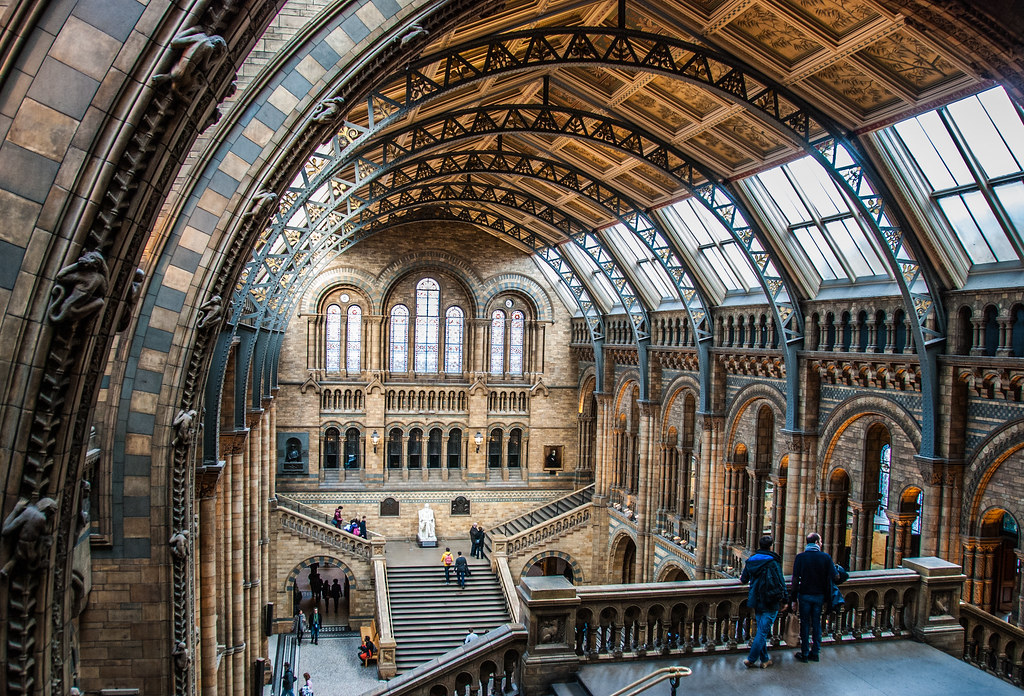
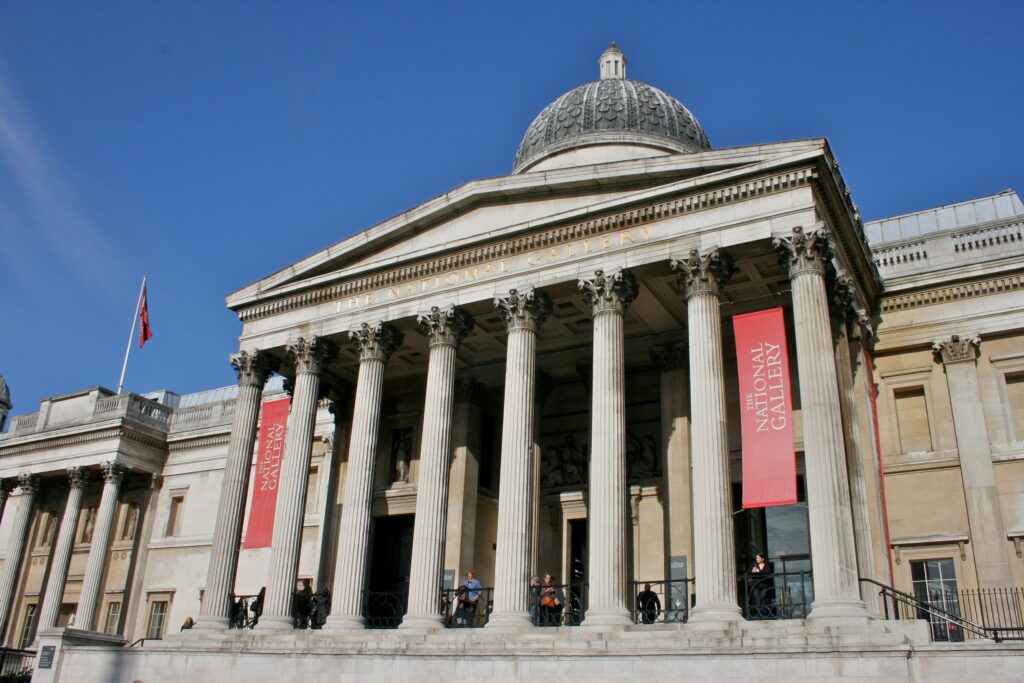
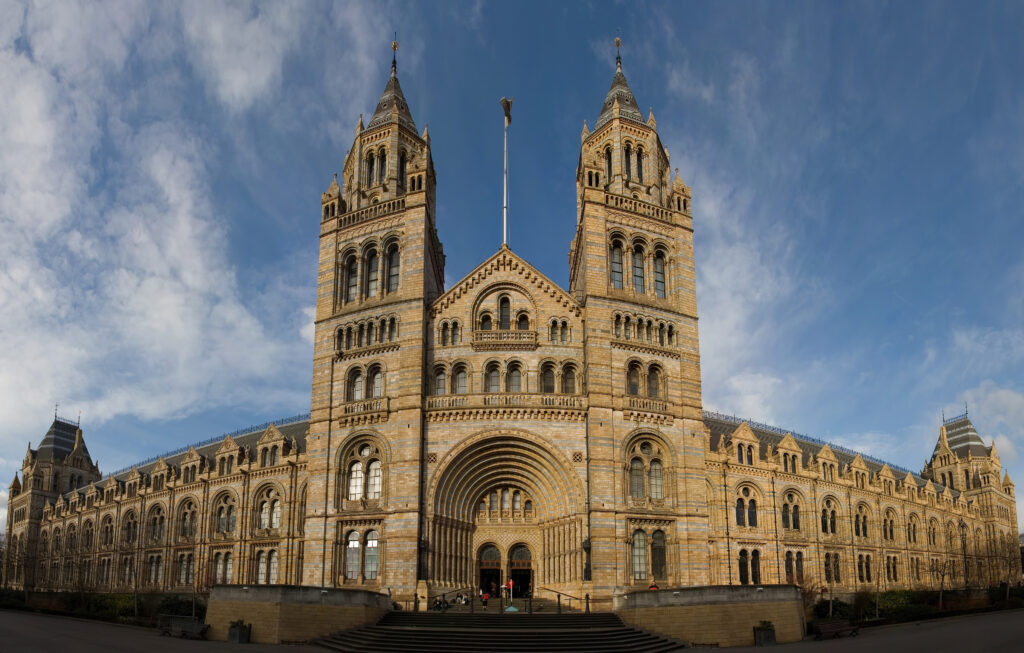
Museums :
London is home to a plethora of world-class museums, each offering a unique perspective on history, art, science, and culture. Here are some prominent museums in the city:
- British Museum: One of the world’s most renowned museums, the British Museum houses a vast collection of art and artifacts from different cultures and historical periods. Highlights include the Rosetta Stone, the Elgin Marbles, and the Egyptian mummies.
- The National Gallery: Situated in Trafalgar Square, The National Gallery is an art lover’s paradise. It boasts an extensive collection of European paintings from the 13th to the 19th centuries, featuring works by masters like Van Gogh, da Vinci, and Rembrandt.
- The Victoria and Albert Museum (V&A): Known for its diverse collection of art and design, the V&A is a treasure trove of fashion, textiles, sculpture, and decorative arts. Exhibits range from ancient ceramics to contemporary fashion pieces.
- The Natural History Museum: A family favorite, this museum showcases the wonders of the natural world. From dinosaur skeletons to gemstones, the museum’s exhibits cater to a broad audience and include interactive displays.
- The Science Museum: Located in South Kensington, the Science Museum is an engaging destination for those interested in science and technology. Interactive exhibits cover a wide range of topics, from space exploration to medical advancements.
- Tate Modern: Housed in a former power station along the Thames, Tate Modern is dedicated to modern and contemporary art. Its vast collection includes works by Picasso, Warhol, and Hockney, and the museum often features temporary exhibitions.
- The Imperial War Museum: With multiple locations, including the main museum in Lambeth, this museum explores the impact of war on individuals and societies. Exhibits cover conflicts from World War I to the present day.
- The Museum of London: Detailing the history of London from prehistoric times to the present day, this museum offers a comprehensive look at the city’s evolution. The exhibits cover everything from archaeological finds to contemporary cultural phenomena.
- The Design Museum: Located in Kensington, this museum celebrates contemporary design across various disciplines, including fashion, architecture, and digital innovation. It features both temporary exhibitions and a permanent collection.
- The Royal Observatory Greenwich: Part of the Royal Museums Greenwich, the Royal Observatory offers a fascinating journey through astronomy and navigation history. Visitors can stand on the Prime Meridian and explore the universe in the Peter Harrison Planetarium.
These museums only scratch the surface of London’s cultural offerings. Whether you’re interested in art, history, science, or design, the city’s museums provide enriching experiences for visitors of all ages and interests. Additionally, many of these institutions offer temporary exhibitions and events, so it’s worth checking their schedules for the latest offerings.
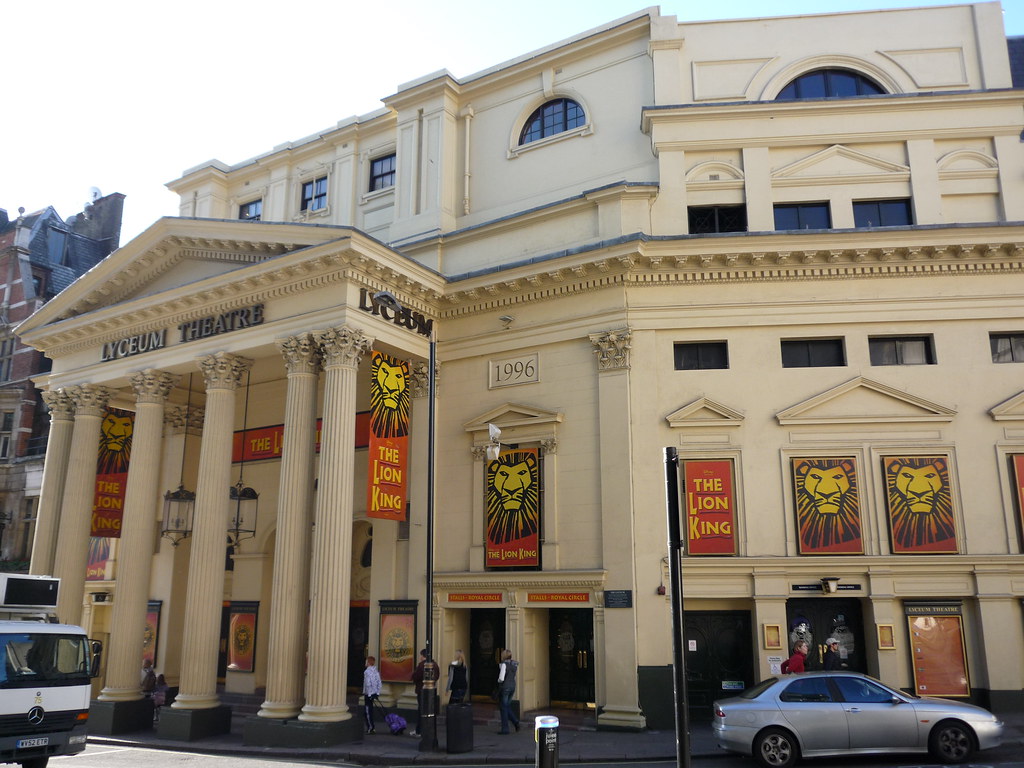
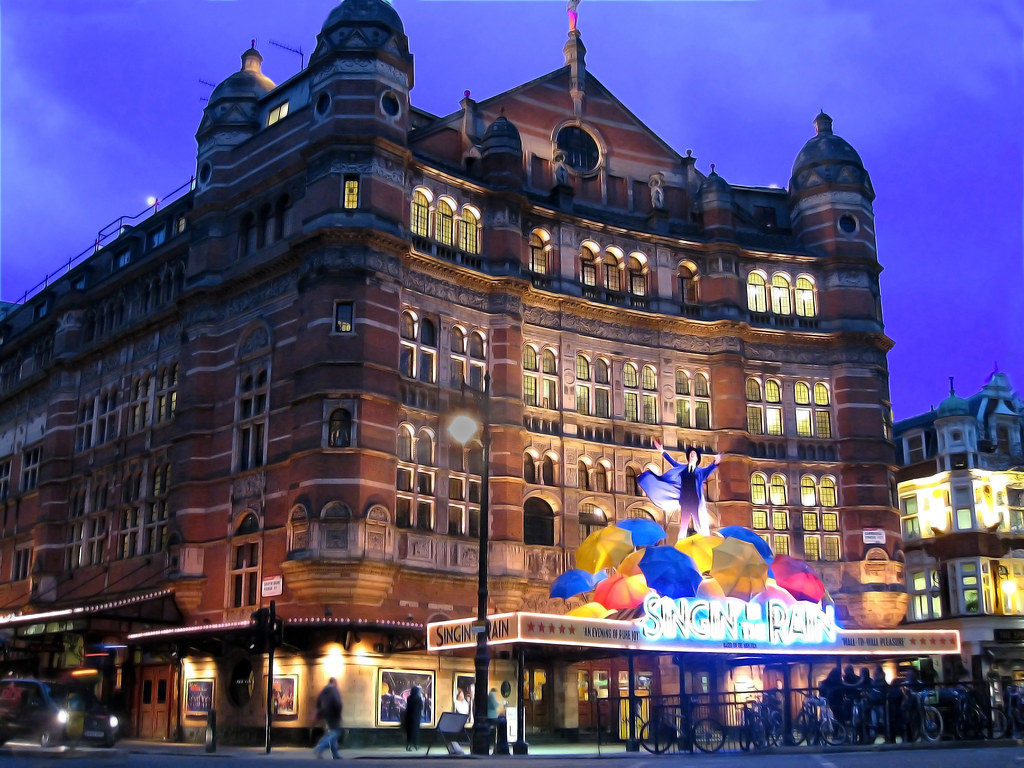
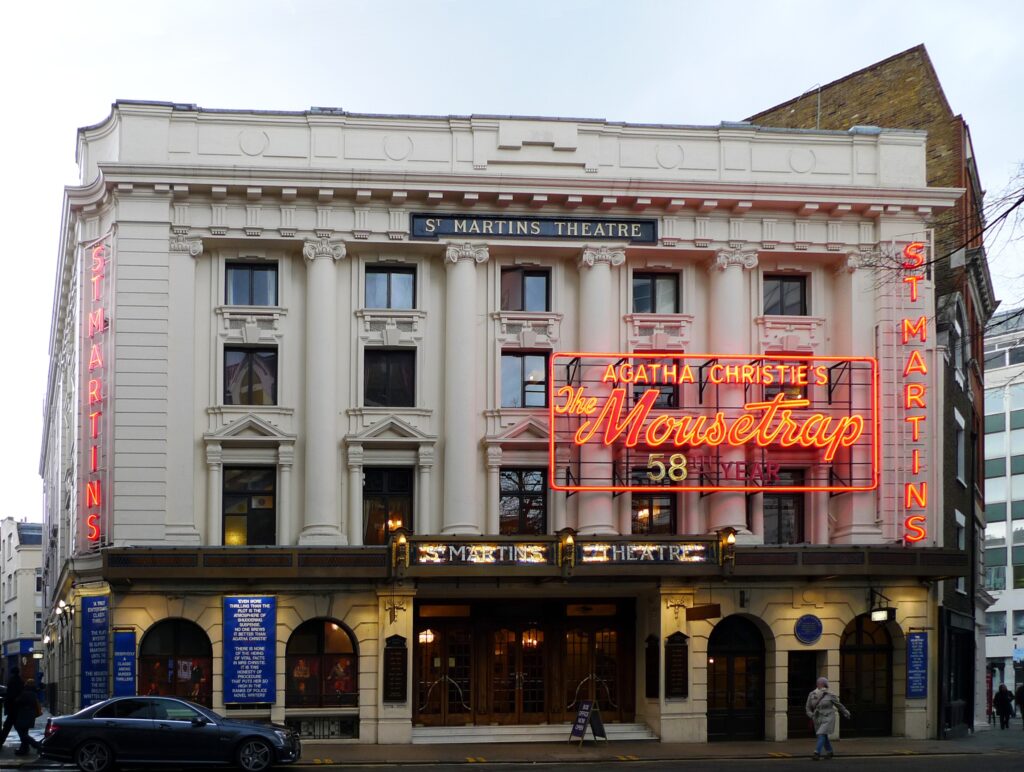
Theatres / musicals :
London’s West End is synonymous with world-class theatre and musical productions, making it a global hub for performing arts. With iconic venues, a rich theatrical history, and a diverse array of shows, the city offers a vibrant and immersive experience for theatre enthusiasts.
1. West End Theatres: London’s West End is home to numerous historic theatres, each with its own charm and character. From the grandeur of the Theatre Royal Drury Lane to the intimate ambiance of the Harold Pinter Theatre, these venues set the stage for captivating performances.
2. Iconic Productions: The West End has hosted some of the most iconic and long-running productions in the world. Classics like “Les Misérables,” “The Phantom of the Opera,” and “Cats” have become synonymous with London’s theatrical landscape, drawing audiences from around the globe.
3. New and Contemporary Shows: Alongside the classics, London continuously introduces new and innovative productions. From thought-provoking plays to groundbreaking musicals, the West End is a dynamic space that embraces diversity and experimentation.
4. Shakespeare’s Globe Theatre: For a taste of Elizabethan theatre, the reconstructed Globe Theatre on the South Bank faithfully presents the works of William Shakespeare. The open-air setting and period costumes provide an authentic experience, transporting audiences back to the Bard’s era.
5. Royal Opera House: While primarily renowned for opera and ballet, the Royal Opera House in Covent Garden also hosts exceptional musicals and plays. Its stunning architecture and world-class productions contribute to London’s reputation as a cultural epicenter.
6. Fringe Theatre: Beyond the West End, London’s fringe theatre scene offers an alternative and experimental platform for emerging artists. Venues like the Old Vic Tunnels and the Almeida Theatre showcase innovative performances that push the boundaries of traditional theatre.
7. Theatre Festivals: London hosts various theatre festivals throughout the year, attracting both established and emerging talent. The London International Festival of Theatre (LIFT) and the West End LIVE showcase the diversity and vibrancy of the city’s theatrical offerings.
8. Accessibility: London’s theatre scene is known for its accessibility, with ticket options catering to different budgets. From day-of-show ticket booths to discounted previews, there are opportunities for everyone to experience the magic of live performances.
9. Theatrical Landmarks: The West End is dotted with landmarks associated with theatre history. Piccadilly Circus, with its iconic billboards, and Leicester Square, surrounded by theatres, are bustling hubs that embody the theatrical spirit of the city.
10. Cultural Impact: London’s theatre and musicals contribute significantly to its cultural identity. The West End’s influence extends far beyond the stage, shaping the city’s reputation as a global cultural capital.
In conclusion, London’s theatre and musical scene epitomize the city’s cultural richness and artistic innovation. From the grand productions of the West End to the experimental performances in fringe venues, London offers a theatrical landscape that caters to a diverse audience. Whether you’re a seasoned theatregoer or a first-time visitor, the city’s stages promise an unforgettable journey into the world of live performance.

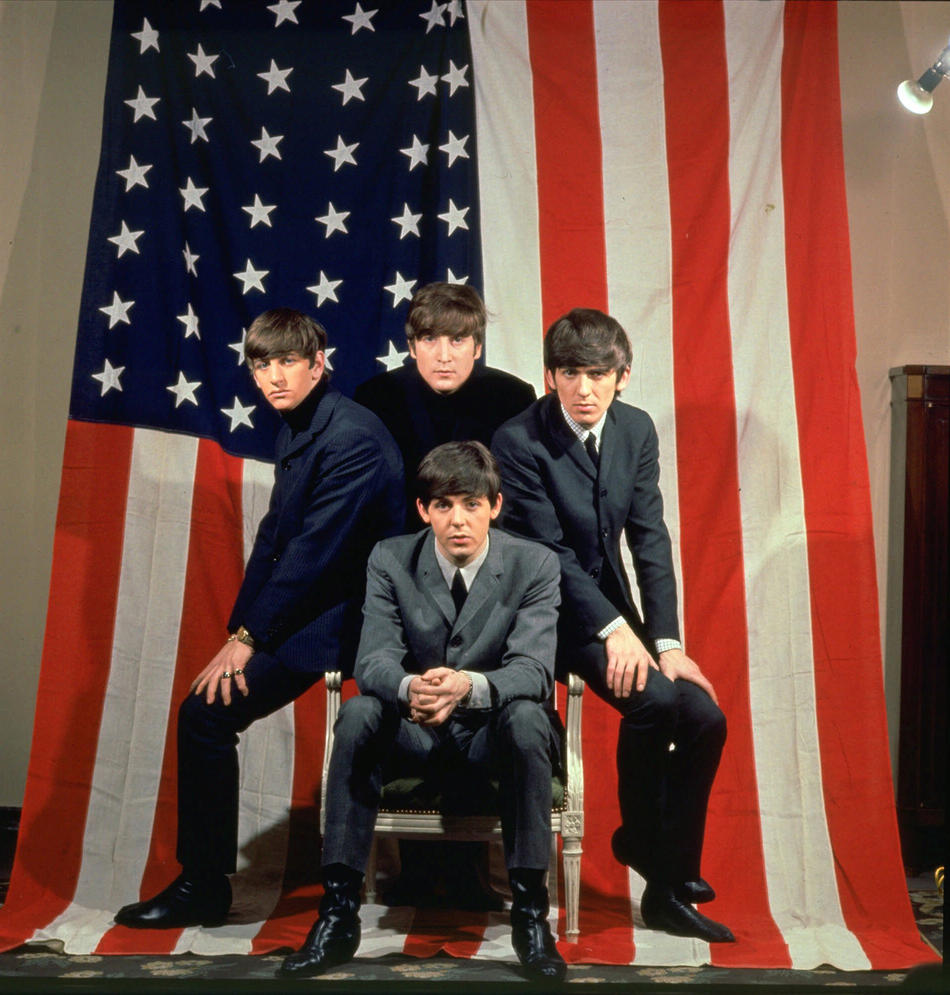

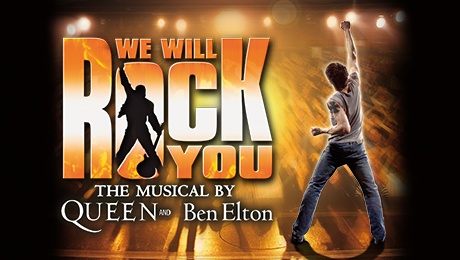
Musicals:
London’s West End is a global epicenter for musical theatre, hosting a diverse array of productions that cater to a wide range of tastes. From long-running classics to new and innovative shows, the West End offers an unparalleled musical theatre experience. Here are some notable musicals that have graced London’s stages:
- Les Misérables: Based on Victor Hugo’s novel, this iconic musical has been a fixture in the West End for decades. The emotional tale of love and redemption set against the backdrop of 19th-century France, with its powerful score, continues to captivate audiences.
- The Phantom of the Opera: Andrew Lloyd Webber’s masterpiece, “The Phantom of the Opera,” is a timeless love story with haunting melodies. The Gothic romance set in the Paris Opera House has been enchanting audiences since its debut and remains one of the longest-running musicals in West End history.
- Hamilton: Lin-Manuel Miranda’s groundbreaking musical “Hamilton” found a home in London, bringing its unique blend of hip-hop, R&B, and traditional musical theatre to the West End. The production tells the story of Alexander Hamilton, one of the Founding Fathers of the United States, in a fresh and innovative way.
- Wicked: This enchanting musical, based on Gregory Maguire’s novel, reimagines the backstory of the Wicked Witch of the West from “The Wizard of Oz.” With a vibrant score and dazzling visuals, “Wicked” has become a West End sensation.
- Mamma Mia!: Featuring the timeless hits of ABBA, “Mamma Mia!” is a feel-good jukebox musical that tells a sunny tale of love and friendship on a Greek island. The infectious energy and classic tunes make it a favorite among audiences.
- The Lion King: Disney’s theatrical adaptation of the animated classic “The Lion King” has been a visual and musical spectacle since its West End debut. The innovative puppetry, combined with Elton John and Tim Rice’s iconic score, creates a breathtaking experience.
- Matilda the Musical: Based on Roald Dahl’s beloved novel, “Matilda the Musical” tells the story of a precocious young girl with extraordinary abilities. The production, with music and lyrics by Tim Minchin, has received critical acclaim for its wit, charm, and clever staging.
- Dear Evan Hansen: This Tony Award-winning musical, which made its West End debut, explores themes of identity, mental health, and the impact of social media. Its poignant story and emotional score resonate with audiences.
- Six: A modern and lively musical, “Six” reimagines the stories of Henry VIII’s six wives, presenting them as pop divas. With catchy tunes and a contemporary spin on history, “Six” has gained popularity for its fresh approach to musical storytelling.
- Mary Poppins: Bringing the magic of P.L. Travers’ beloved character to the stage, “Mary Poppins” is a family-friendly musical with unforgettable songs and spectacular choreography. The story of the magical nanny has been delighting audiences in the West End.
These musicals represent just a fraction of the diverse offerings in London’s West End. From timeless classics to innovative contemporary productions, the West End continues to be a global leader in the world of musical theatre, attracting audiences seeking unforgettable experiences and captivating performances.
As of my last knowledge update in January 2022, I don’t have specific information on the very latest musicals that might have premiered in London since then. However, I can provide you with some notable musicals that were anticipated or had premiered around that time. Keep in mind that the theatrical landscape is dynamic, and new productions regularly debut. For the most up-to-date information, I recommend checking the official websites of West End theatres, ticketing platforms, or reliable news sources. As of my last update, here are a few musicals that were garnering attention:
- “Cinderella” by Andrew Lloyd Webber: Andrew Lloyd Webber’s new adaptation of the classic fairy tale “Cinderella” was highly anticipated. It promised a contemporary twist on the well-known story with a fresh score.
- “Frozen” the Musical: Based on Disney’s animated hit, “Frozen” made its West End debut. The musical adaptation brought the beloved characters and songs to the stage, captivating audiences with the story of Elsa and Anna.
- “Back to the Future: The Musical”: This musical adaptation of the iconic film “Back to the Future” premiered in London, featuring a new score alongside familiar elements from the beloved movie.
- “Six” (continuing success): While “Six” had been around for some time, it continued to be a major success. The musical, reimagining the stories of Henry VIII’s six wives as pop divas, gained immense popularity and continued to captivate audiences.
- “& Juliet”: A unique and modern musical that reimagines the ending of Shakespeare’s “Romeo and Juliet,” featuring the music of songwriter Max Martin.
- “Be More Chill”: This musical, based on the novel by Ned Vizzini, made its London premiere. It explores themes of teenage angst, popularity, and the influence of technology on young minds.
- “Pretty Woman: The Musical”: Based on the popular film, “Pretty Woman: The Musical” arrived in London’s West End, bringing the romance and glamour of the original story to the stage.
- “Anything Goes”: A classic musical comedy by Cole Porter, “Anything Goes” returned to the West End with a star-studded cast.
Remember that the West End’s lineup is ever-evolving, and new productions are regularly introduced while others may conclude their runs. Check with official sources for the latest information on the newest musicals and upcoming premieres in London’s vibrant theatre scene.
“Harry Potter and the Cursed Child” is a significant and highly successful production that premiered in London’s West End. The play, written by J.K. Rowling, John Tiffany, and Jack Thorne, continues the story of the beloved Harry Potter series, following the characters into adulthood and introducing a new generation. “The Cursed Child” received critical acclaim for its innovative staging and compelling narrative.
The play has been a major draw for Harry Potter fans worldwide, and its success has led to discussions about potential productions in other parts of the world. It’s a fantastic addition to the diverse and dynamic offerings in London’s theatre scene. Thank you for pointing out this important inclusion!
